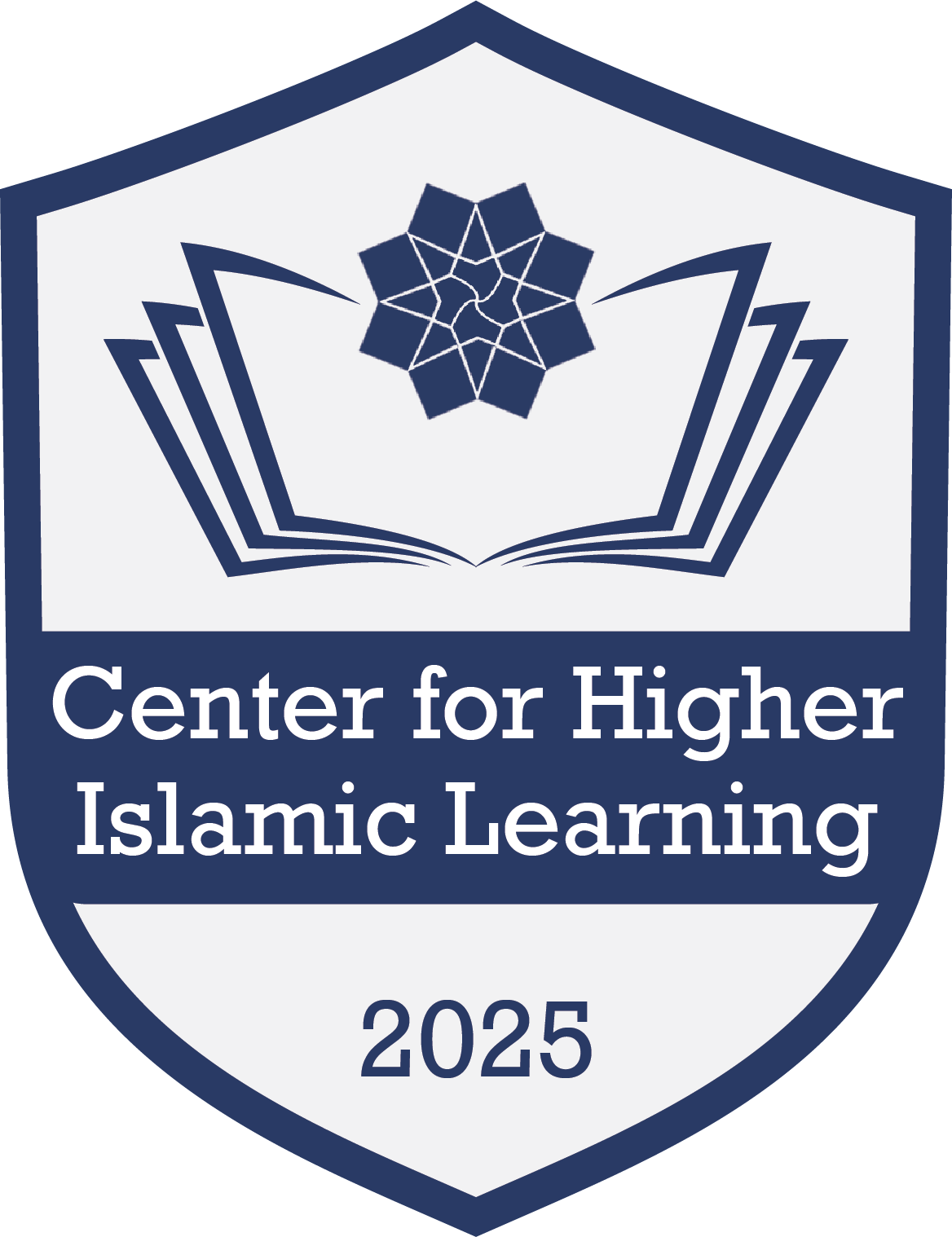About Course
Sundays | 1:30 pm to 3:30 pm
Starting September 14th
This course is designed to offer you a structured gateway into the major traditional Islamic disciplines. We will explore the evolution of Islamic knowledge from its formative period through later developments, with a special focus on the Quranic sciences, Hadith methodology, Islamic jurisprudence, and theology. Students are expected to engage actively in discussions and complete weekly assignments on time
Course Content
Week 1
-
Course Syllabus
-
Lecture Slides for Week 1: Introduction
-
Lecture Follow-Up: Questions & Clarifications
-
History of Islamic Fiqh Readings
-
Reflection on Readings
Week 2
Week 3
Week 4
Week 5
Week 6
Week 7
Week 8
Week 9
Week 10
Week 11
Week 12
Earn a certificate
Add this certificate to your resume to demonstrate your skills & increase your chances of getting noticed.

Student Ratings & Reviews

No Review Yet
